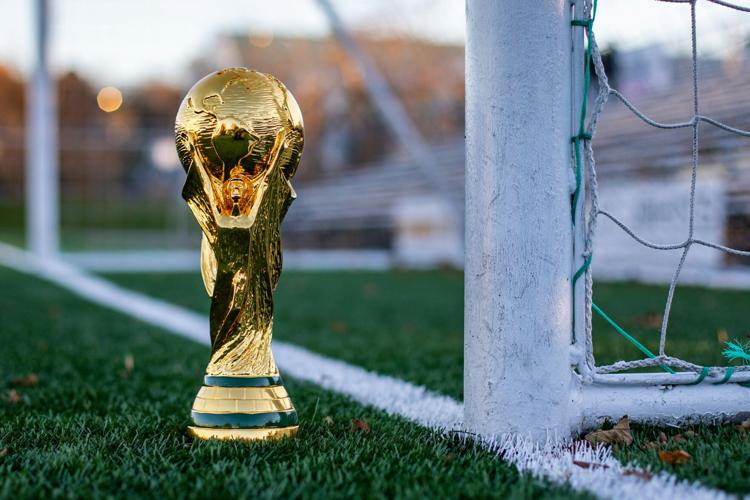
(Photo by My Profit Tutor on Unsplash.)
Earlier this month the FIFA Council announced the expansion of the number of FIFA Women’s World Cup participant teams from 32 to 48.
With the expansion of the women's soccer team, this will lead to a significantly broader representation, offering more nations and players access to elite competition and a better outcome in improving investment in women’s sports.
The decision to expand for the 2031 edition was voted on after a consultation with the confederations and stakeholders of the organization. The FIFA Council consists of 37 members: one president, elected by the FIFA Congress; eight vice presidents; and 28 other members elected by the member associations.
The 48-team FIFA Women’s World Cup will adopt a 12-group format, changing the total number of matches from 64 to 104 and extending the tournament by one week. The hosting requirements for the 2031 and 2035 editions of the FIFA Women’s World Cup have been adapted accordingly.
“This is not just about having 16 more teams playing in the FIFA Women’s World Cup but taking the next steps in relation to the women’s game in general by ensuring that more FIFA Member Associations (MA) have the chance to benefit from the tournament to develop their women’s football structures from a holistic point of view,” said FIFA President Gianni Infantino.

FIFA President Gianni Infantino.
Another decision that the FIFA Council approved was the revision of the FIFA Disciplinary Code (FDC), which now includes a comprehensive set of proactive measures aimed at countering discriminatory behavior both on and off the pitch.
The new edition of the FDC contains important amendments to further FIFA’s fight against racism, including:
New provisions to tackle racist abuse: The three-step anti-discrimination procedure has been included in Article 15, which has been expanded to tackle the issue of racism specifically, and all confederations and MAs will be required to enforce it.
Increased fines for racist abuse: The maximum fine to be imposed in cases of racist abuse has increased significantly, with the limit now set at CHF 5,000,000 (Swiss Francs, approximately $5.9 million).
Accountability in cases of racist abuse: Players and officials may help to identify individuals perpetrating racist abuse in order to facilitate the necessary action, including the removal of the perpetrators from the stadium.
FIFA Member Associations’ disciplinary codes: MAs will be required to adapt their disciplinary provisions to bring them in line with the general principles of the FDC.
FIFA’s right to appeal and intervene in cases involving racist abuse: FIFA reserves the right to lodge an appeal with the Court of Arbitration for Sport against decisions in cases of racist abuse, as well as to intervene in cases where there is a lack of sufficient action on the part of the relevant MA.

(Photo courtesy of FIFA Communications Division.)
“The revised Disciplinary Code represents a step change in FIFA’s objective to enhance its regulatory framework to prosecute and sanction discrimination and racist abuse in cooperation with our 211 FIFA Member Associations,” said Infantino.
The FIFA Council has also approved the regulations for this year's FIFA Intercontinental Cup.















(0) comments
Welcome to the discussion.
Log In
Keep it Clean. Please avoid obscene, vulgar, lewd, racist or sexually-oriented language.
PLEASE TURN OFF YOUR CAPS LOCK.
Don't Threaten. Threats of harming another person will not be tolerated.
Be Truthful. Don't knowingly lie about anyone or anything.
Be Nice. No racism, sexism or any sort of -ism that is degrading to another person.
Be Proactive. Use the 'Report' link on each comment to let us know of abusive posts.
Share with Us. We'd love to hear eyewitness accounts, the history behind an article.